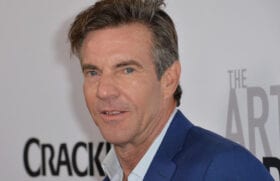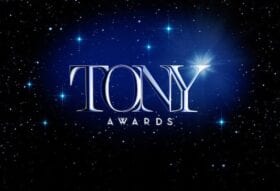Yesterday saw ESL enter the linear realm, announcing eSportsTV, dubbed as the world’s first 24/7 eSports TV channel. The new outlet will work beside existing ESL partnerships in Twitch, Azubu, Hitbox and Yahoo and will kick off next month via parent company MTG’s Viasat platforms. Content will include more than 2,000 hours of live gaming and eSports content including broadcasts of all of ESL’s biggest events including ESL One, Intel Extreme Masters as well as Pro League competitions. MTG will also be distributing eSportsTV content on its Nordic and Baltic satellite platforms.
Cynopsis eSports & Gaming spoke with Craig Levine, CEO of ESL North America, about how the explosion of eSports had changed the industry, recent headlines banning Team YP, and the company’s plans for the remainder of 2016.
Levine on the growth of the eSports industry: From a grassroots, fan perspective, I don’t think that much has changed. This is content that has been put out there in the last couple of years, but now events are getting bigger and grander, which adds an element of spectacle that I think is really great. There’s starting to be a little more structure, with production values going up. But the real change is starting to happen on the B-to-B side, where everyone from the big media companies are looking at this space. And there are a lot of brands that have been on the sidelines who are trying to understand what it is, and then how to get in. You see companies like Taco Bell, Coke, Red Bull, and now Bud Light. So you are starting to get that validation where it feels safe for partners to come in.
On US-based plans in 2016: Two years ago, when we formally launched our US operations, we were five people. Now we have about 100 just in the US, with four broadcast studios in LA. Last year, we did two events in the States: one was at the SAP Center in San Jose and the other at the Theater at Madison Square Garden. This year is about expanding those: we’re coming back to New York in October in a bigger way, and improving the fan experience. We’ll be adding more events next year to the lineup as well. In addition, we have a sister company, DreamHack, which is more of a gaming festival. They’ll unveil two North American events, one in Austin next weekend and the other in Montreal in August.
On upcoming challenges to the industry: We’ve tried to spearhead potential issues (cheating, narcotics, etc.) through self-regulation and thought-leadership in the industry. When you look at sports, be it cycling and tennis or the NFL and MLB, they’re faced with corruption issues one way or the other. We’ve led the conversation on a couple of fronts: one is drug testing, where we have worked with the World Anti-Doping Agency and test now for events. We have a partnership with Sportradar, where we do data analysis on legal betting around the world so we’re able to detect suspicious trends. Last week, two very famous players were arrested for a match-fixing scandal. These guys are young and impressionable. We need to educate, and so have started a behind-the-scenes support program to help them if they’re faced with this.
On the decision to ban Team YP: When we secure licenses to run events, there are certain advertising restrictions – things like porn and tobacco, that are sensitive for a younger demographic. We felt it was our responsibility to do what’s right. You don’t see Team YouPorn sponsoring the New York Knicks. We also need to make these decisions from the brand perspective and where we want to be positioned in the market. And some of it is out of respect to the IP holders, and the agreements we signed up for in exchange to use their IP.
You can hear directly from Levine and other leaders in the industry at our Cynopsis eSports Conference, set for June 23 in NY. Click here for more info.





